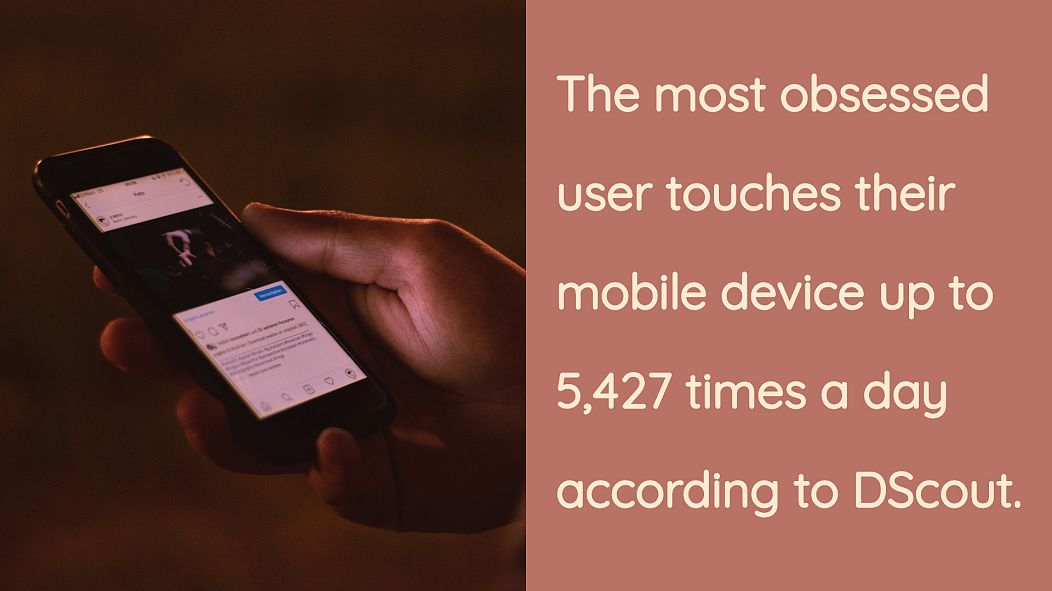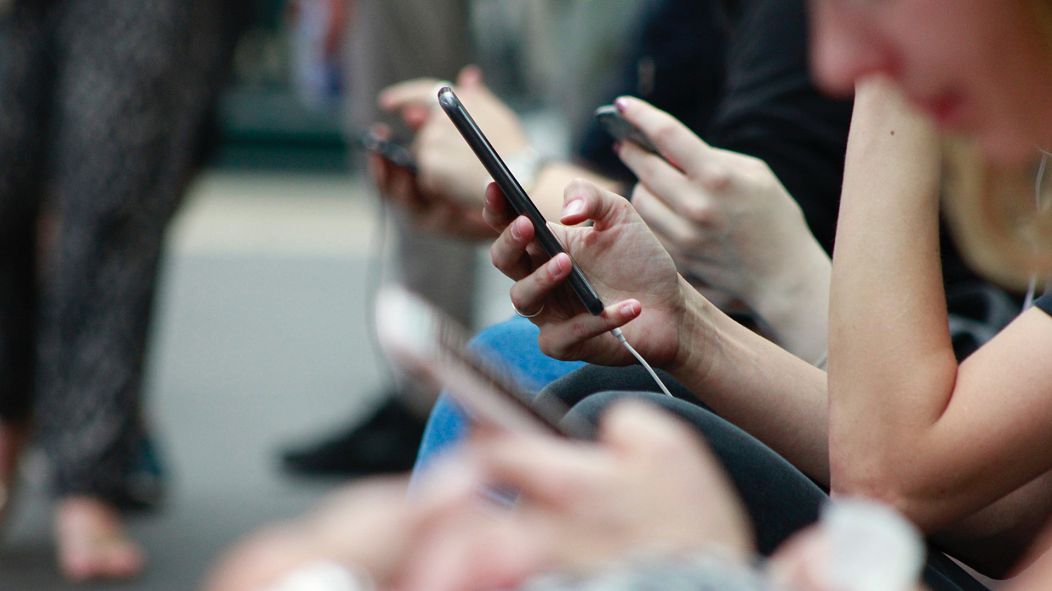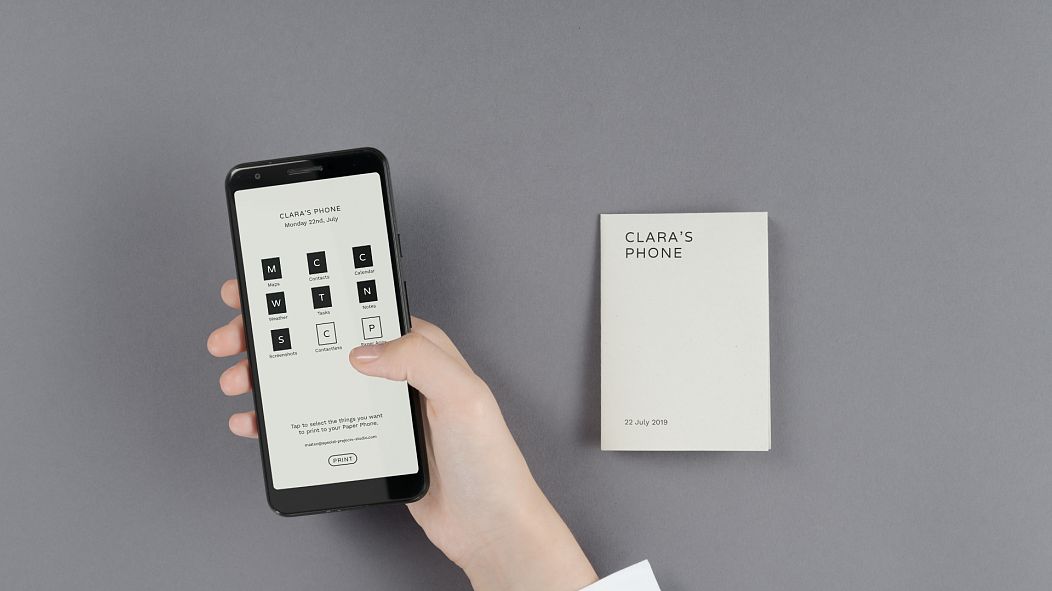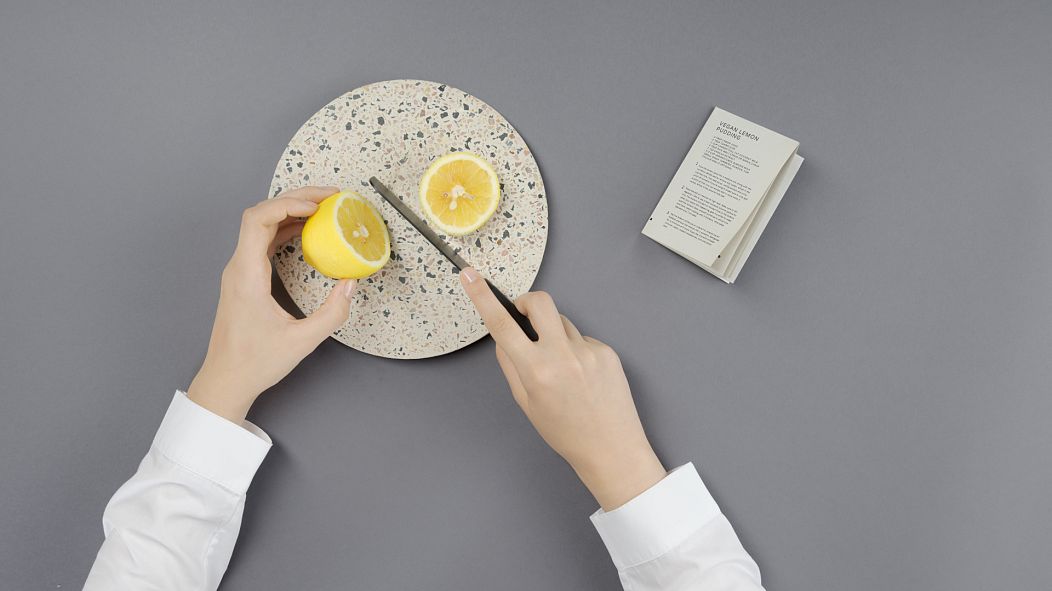It is time to test how addicted you are to the digital world.
Do you feel lost when your phone isn’t right there at your fingertips? Chances are you aren’t alone.
Addiction is a growing concern as our phones take an ever more unavoidable role in our daily lives. Research firm DScout found that the most obsessed user touches their mobile device up to 5,427 times a day. The firm tracked phone use over a five day period with a special app and estimated that for the most engrossed this could add up to millions of interactions each year.
Although we aren’t all this fixated on our notifications, the average smartphone user will still swipe, click, or tap an average of 2,617 times a day. It can be hard to find a balance between necessary interaction in a constantly connected world and being distracted from living your best life by streams of notifications.
User experience researcher for Android, Julie Aranda, writes that an inability to disconnect often leaves us frustrated. Research carried out by the mobile operating system makers found that social media, email and news apps led to people feeling a constant sense of obligation.
Read More | Rome is offering credit on public transport in return for plastic
To try and counteract its own role in keeping us glued to our screens, Google has launched a series of Digital Wellbeing Experiments aimed at promoting a better balance between on and offline lives. “Each experiment centres around a different behaviour,” the company writes on their blog, “offering small ways to help improve your digital wellbeing and find a balance that feels right for you.”
These playful experiments include a clock that keeps track of the number of times you unlock your phone, an app that brings together friends and family in flipping a big switch to go offline together and “Desert Island” a filter that stops you from using anything that isn't an essential app.
All your phone numbers and notifications on one A4 sheet
One of the latest projects to come out of these experiments with digital well being is a more tactile approach to quitting your phone habit. Being separated from your mobile can lead to panic and stress from a phenomenon researchers at City University of Hong Kong and Sungkyunkwan University in Seoul are calling “nomophobia”. The fear of being without or unable to use our mobiles is so culturally relevant that the word was named Cambridge Dictionary’s word of 2018.
To combat this fear of going cold turkey, Paper Phone lets you print out a tiny booklet with all of the information you might need when leaving the digital world behind. During your digital detox, you can still select information like calendars, phone numbers and maps that you think will be important to you that day and then print them off. Alongside these useful notes, the Paper Phone also has some fun options like a recipe, sudoku or even an origami pigeon that could provide another way to use your booklet at the end of the day.
Read More | This platform is using blockchain to help you buy sustainably
Good for you and for the environment too
Printing things out on paper is always going to use resources but Special Projects Studio, creator of the app, has done the calculations to show that printing an A4 sheet every day could even be more environmentally friendly than using your phone. Printing one-sheet of paper per day produces around 10g of CO2 a year. In that same year, using a mobile device for just one hour each day produces 1.25 tonnes of CO2 if you include the infrastructure to allow you to use its connectivity properly.
The team that made Paper Phone were particularly interested in removing people’s constant connection to social media. Unchecked access to apps like Facebook can increase the negative impact that regular use has on your wellbeing. According to a study in the American Journal of Epidemiology, although real-life social interactions make us feel better, interacting with posts online can actually be bad for your mental health. “We tried to remove connections to social media and publications in this particular execution to make for a calmer user experience,” the team writes.
Paper Phone is an Android App available to download now from the Play Store so you too can give going without your mobile a go.















